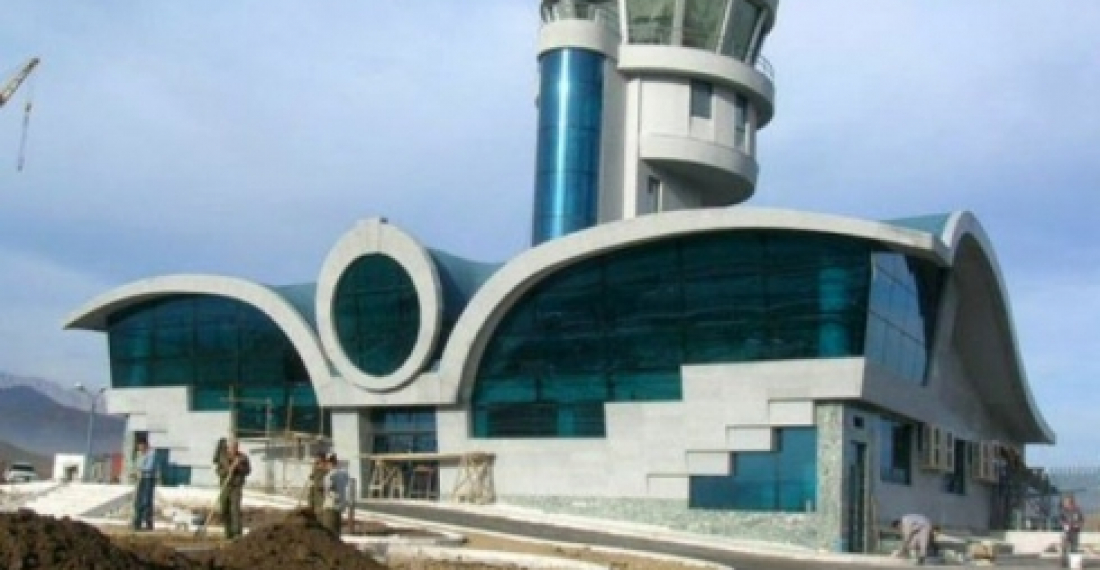Sources in the self declared Nagorno-Karabakh Republic say that Stepanakert Airport will open next week and that flights operated by Air Artsakh will fly in and out of the airport. Armenian media quote Dmitriy Adbashyan, head of the civil aviation department in the territory as saying that the flights will start soon and that the airport will be able to deal with up to one hundred passengers per hour.
There is likely to be a robust response from Azerbaijan to the opening of the airport. Azerbaijan considers Nagorno-Karabakh as part of its national territory and insists that the opening of the airport needs to be co-ordinated with its government. The response is likely to be diplomatic and political and not military. Earlier threats by mid level Azerbaijani officials that planes flying to and from Stepanakert will be shot down have been dismissed by more senior government officials. But there is no doubt that the Azerbaijani government will be irritated by the move and will take some retaliatory measures.
Because of the geography a certain amount of co-operation has continued between Armenian and Azerbaijani air traffic controllers since the conflict between the two countries started two decades ago, including arrangements for emergency landings. But with increasing air traffic, and in parallel more sophisticated air defence systems on both sides, the risks are also increasing.
source: commonspace.eu
photo: Stepanakert Airport (archive picture)







